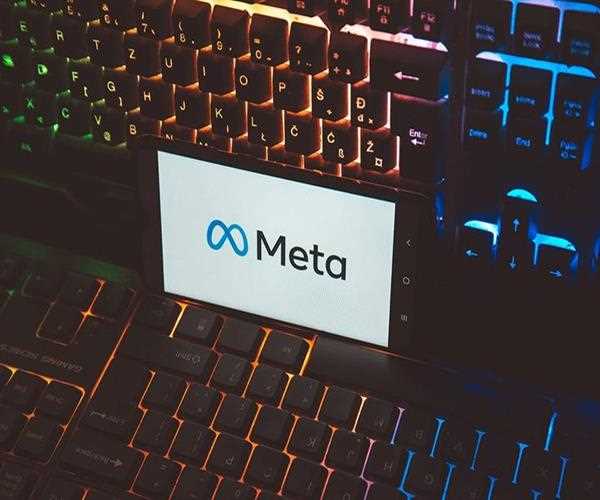
Meta Shelves Fact-Checking Program in US, Adopts X-Style ‘Community Notes’ Model
Meta has officially shut down its third-party fact-checking pilot program in the United States. However, it is moving to a user moderated platform like X’s (formerly Twitter) “Community Notes”. This is useful in order to take the power of moderating content away from the core group and also to introduce more transparency to the process – when users are able to add more context to a post. The change is significant, both because it highlights a key trend in Meta’s approach to misinformation and because it raises questions about how it will manage misinformation as it aims for reach and involvement on a larger scale.
Highlights:
- Meta discontinues its third-party fact-checking program in the US.
- Introduces a crowdsourced "Community Notes" style moderation model.
- Users can collaboratively add context to posts for greater transparency.
- Move aims to balance content accuracy and community involvement.
- Critics raise concerns over potential biases in user-driven moderation.
The introduction of the Community Notes-style model by Meta highlights the issues associated with content moderation efforts . The rationale for its decision is that the current approach can be decentralized, allowing users to collectively guarantee accuracy without relying on other companies. Nevertheless, based on the current dynamics, different experts warned that the model can significantly stumble when it comes to tackling deliberate_fake news because of the differences in the user’s perception and possible exploitation.

Some of those who may back the change are of the opinion that it is democratic in nature since the users are empowered to control the content of the discussions online. Accordingly, Meta intends to engage the community in order to ensure that there is a sense of ownership from the target audience so as to enhance the level of trust among them. But there are doubts that if this approach is not controlled, it will actually increase misperceptions translated if unchecked narratives are the majority.
Researchers conclude that proper protection should be established so that everybody can be protected from prejudice and unlike stories. Meta has claimed that it will address the problem of recognizing malicious behavior and bias inside the system. The efficacy of this model again hinges on the extent to which it can prevent or control such risks and preserve content relevance where it matters – in connection with contentious items.


